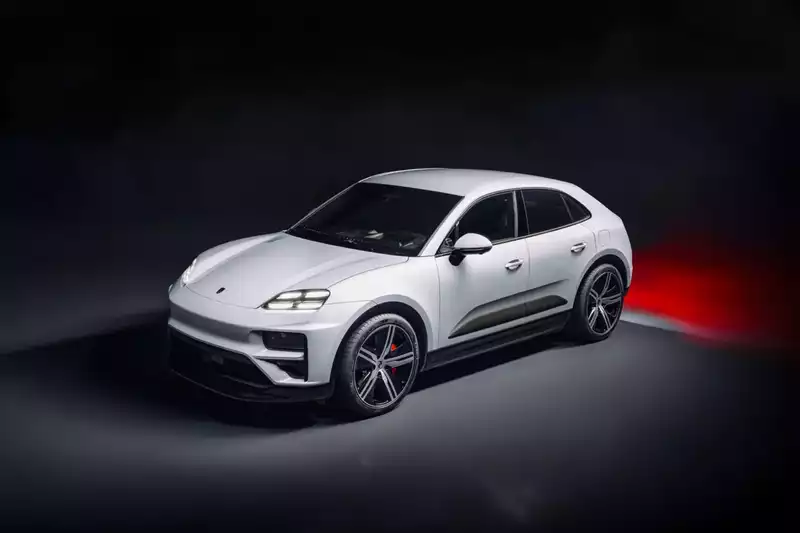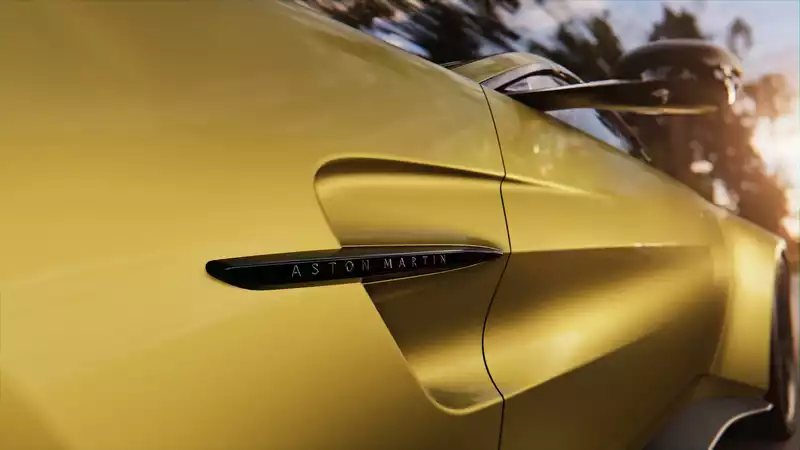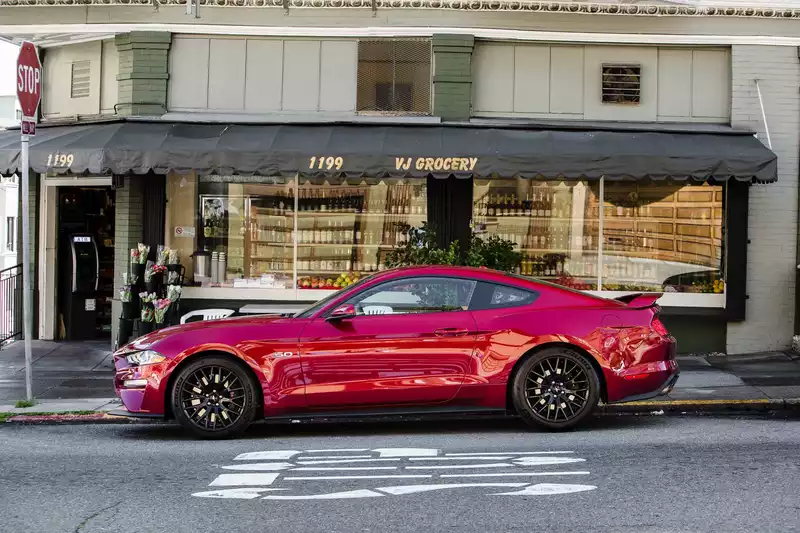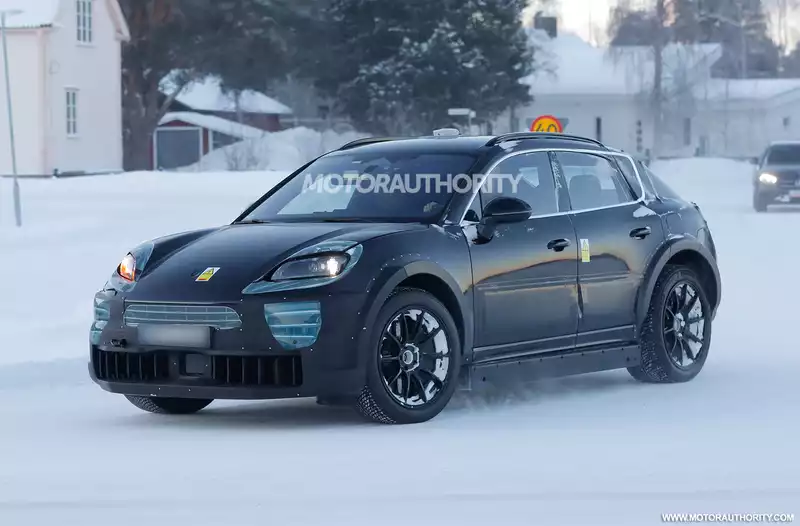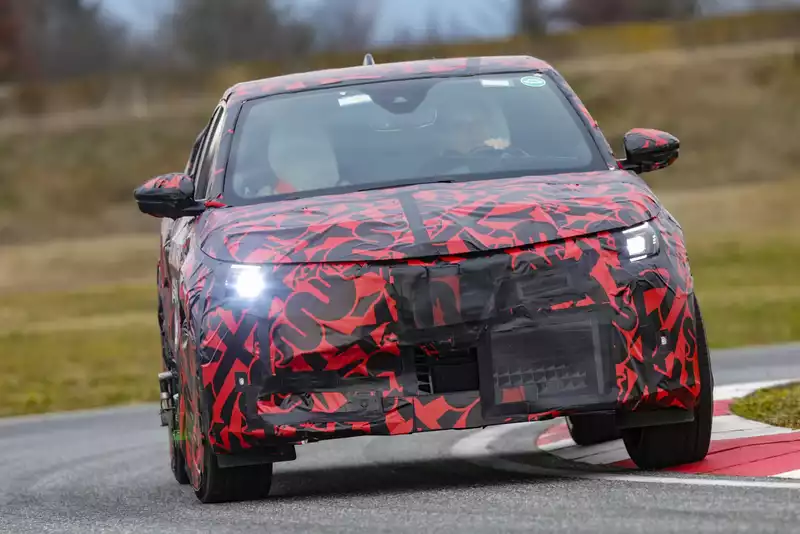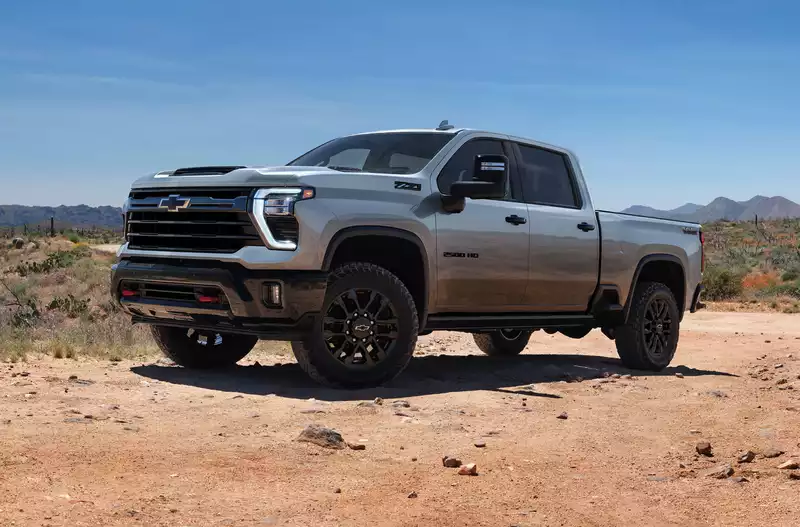The head of Ford unveiled the high-performance F-150 Lightning concept.
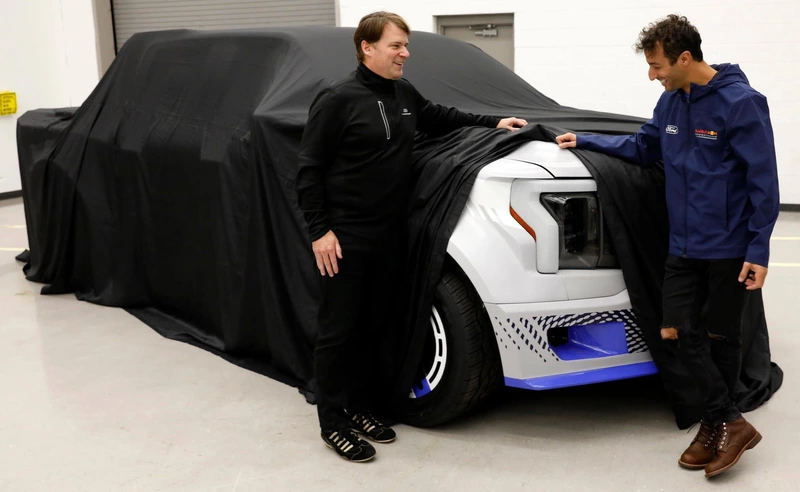
Ford CEO Jim Farley on Wednesday teased a high-performance concept version of the F-150 Lightning electric pickup truck.
Farley tweeted a photo of him and Red Bull Racing F1 test driver Daniel Ricciardo with the truck's cover pulled back, clearly showing the Lightning's headlights and flared front fenders like those on a Raptor.
This is the second time in as many weeks that the Lightning performance concept has been revealed; on February 3, Ford announced that it will return to Formula 1 racing with Red Bull in 2026, and released a graphic showing how racing can lead to a winning product. One of the images was an outline of an electric pickup demo car that has not yet been released to the public. Ford did not name it the Lightning, but this latest teaser practically confirms that the concept is Lightning-based.
Ford already has a number of high-performance EVs, including the Mustang Mach-E with seven electric motors generating a total of 1,400 hp, a 1,972 hp electric Ford Supervan, and even a 1978 F100 Restomod to showcase the Eluminator electric crate motor demonstrator is open to the public.
The production F-150 Lightning, powered by a large 131 kwh long-range battery pack, produces 563 hp and 775 lb-ft of torque. Ford initially announced that this powertrain would allow the electric truck to accelerate from 0-60 mph in the mid-4-second range. The production truck's 0-60 mph time is under 4.0 seconds, faster than originally advertised. This is faster than the standard F-150 Raptor and possibly faster than the supercharged V-8 F-150 Raptor R.
It is unclear when the F-150 Lightning Performance Demonstrator will be unveiled, how Ford plans to show it off, or if a production version is planned. The electric Supervan concept is undergoing high-speed testing at the Nürburgring. While a performance electric pickup would not be suitable for the Nürburgring, a production version could be a straight-line thriller like the original F-150 Lightning.
However, if a production version is planned, it will likely not appear until the next-generation Lightning, which has a dedicated EV platform and is scheduled for release in 2025.
